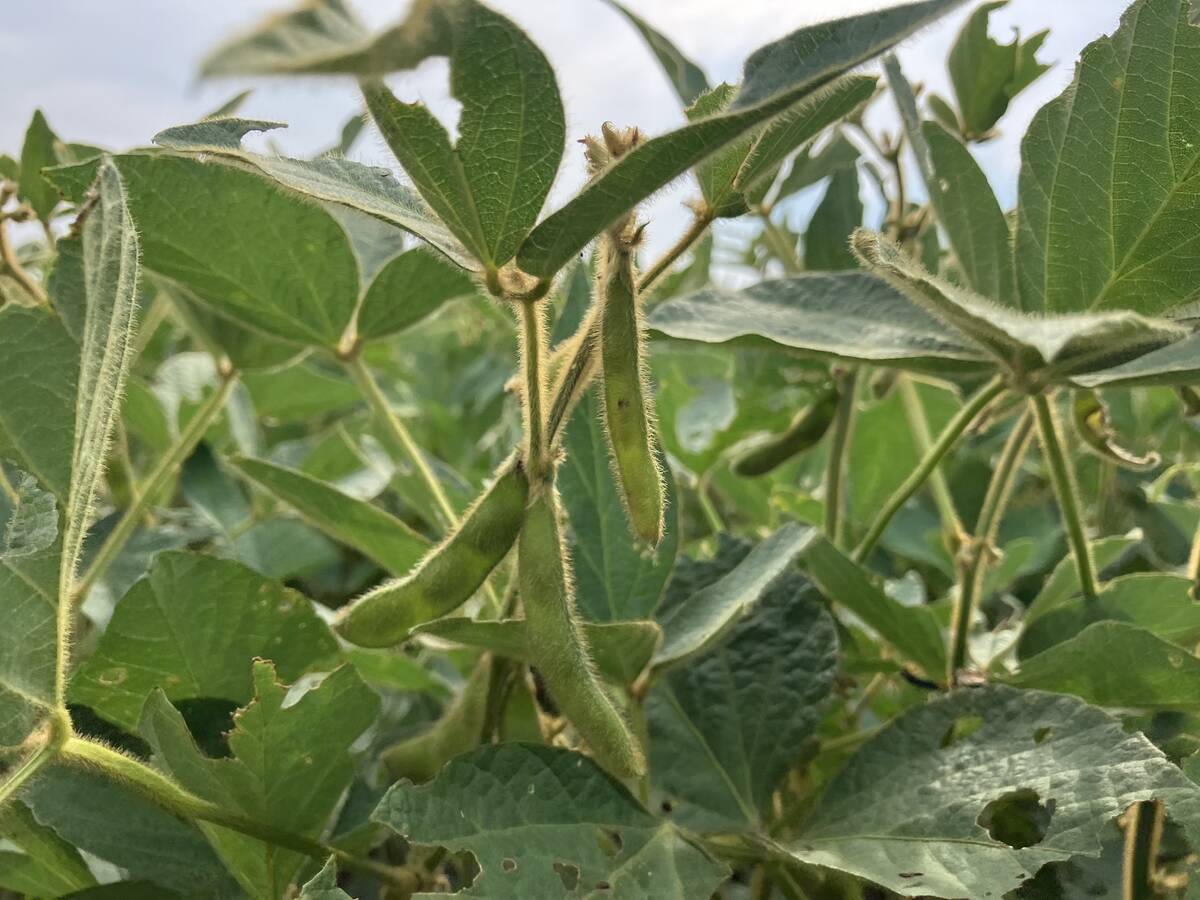Long-term storage | Farmer can buy fertilizer when it’s less expensive
EDMONTON — An Alberta producer says storing high-priced fertilizer in grain bags has paid off on his farm.
Albert Wagner said he saved enough money buying and storing fertilizer during the off season that he paid for his grain bagger and extractor within the first two years.
He stores 600 tonnes of fertilizer in the long, white grain bags, which allows him to take advantage of lower off-season prices. He said he has never had a problem in the six years he has stored fertilizer this way.
Read Also

Proposed dicamba restrictions please expert
Pest Management Regulatory Agency proposes banning “over-the-top” spraying of dicama on soybeans.
“It’s unlimited storage,” Wagner told farmers at the FarmTech 2013 conference.
Wagner originally bought the grain bagger to provide an extra 100,000 bushels of grain storage on his farm near Stony Plain.
He estimated bins would have cost $2.45 a bu., while the grain bagger cost $1.64 per bu.
Buying the $26,000 grain bagger and $27,000 grain extractor made economic sense when it was just intended for grain, but it made even more sense when he was able to use the grain bagger to store fertilizer.
Wagner said his farm has also reduced transportation costs related to trucking grain from the field to the bin yard.
“I wanted to increase efficiency in manpower and equipment. We wanted to speed up harvest.”
Wagner said he has learned not to over stretch the bags, especially with fertilizer, to prevent splitting.
He also said it is important to clean up grain spills to avoid attracting wildlife.
“If you don’t clean up the spills, the deer will find it. If they know what is in the bag, they will go after it.”
Wagner said he has stored grain with up to 19 percent moisture in the bags with no problem, but then makes sure the grain is out of the bags by March. He has also successfully stored peas, canola, wheat, barley, oats and fababeans.
“It all stores fine. No problem. We prefer putting stuff in the bags rather than bins. It’s quicker and easier to clean up.”














